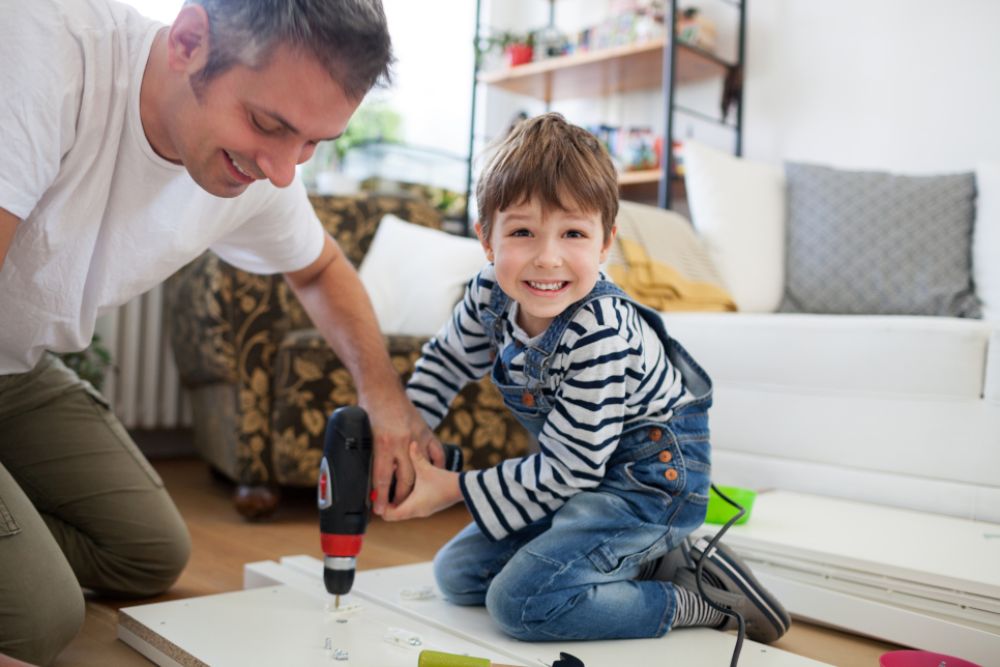
How can I best get to know my patchwork children?
Dr Karl Leibetseder recommends looking at the process of getting to know one another as three phases and merging these well. The initial phase, the acquaintance phase and the trust phase: “If you think about these stages of development and taken them into account, it is easier to have a good relationship with one another.”
In the initial sniffing out phase, the focus is primarily on interacting with one another in a sympathetic manner and reducing expectations. “You can talk about yourself and carefully reveal your fundamental attitudes, but there should definitely not be a competition. You should be authentic, but not express any wishes or demands at this stage.” Walks or meals together are good options for this.
After around 20 contacts, the relationship should move to the acquaintance phase. “Here, you can contradict them, you can better expect the children and young people to listen to your own experiences, and you need to find out what is important to the other person,” explains the expert. It’s important to agree and develop rules and if necessary adjust them and to discuss fundamental values. “Always remember that you have values, but they may not necessarily be the same as others’. There are no absolutes – stay playful and good-humoured. It’s about working together to make it pleasant to spend time together.”
This phase can last between one and five years before shifting to the trust phase. This needs experience of how to handle it. At this stage you're no longer pretending, and the rules may need to be renegotiated as children get older. It’s important not to make the mistake here of being a friend: “Parents are never friends – friendly interaction with the children would be great, but you are and remain the one with parental responsibilities.”
If you want to talk about interactions with your patchwork children with a professional, we recommend you contact an Austrian family counseling center. You can arrange a free appointment.
Our interview partner
Dr Karl Leibetseder is a clinical psychologist, health psychologist and board member of the Society of Personality and Professional Training in Styria.
Verein GEP - Gesellschaft für Persönlichkeits- und Berufsbildung
Office: Am Kirchberg 2
8111 Gratwein-Straßengel
Website GEP
The interview was conducted in September 2020.


_Freundin%20oder%20Mutter.jpg)